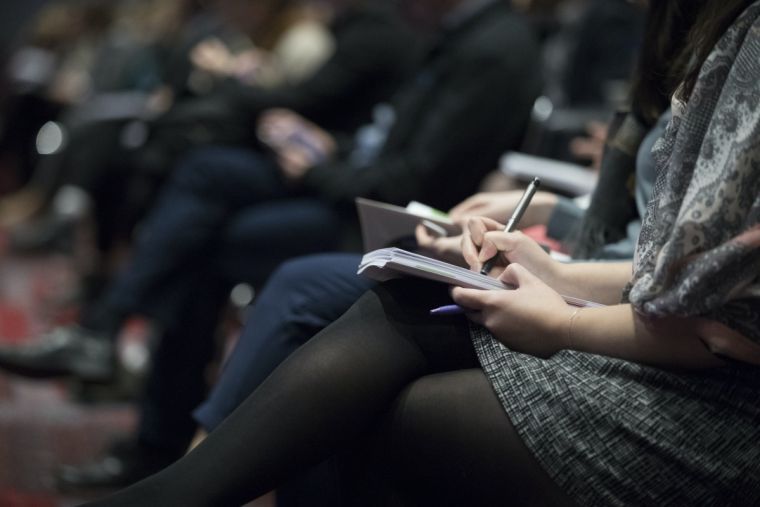Universities should be the last places stifling quests for the truth

We live in a world of constant and frequently disorientating change, but despite this some things are all-too predictable, not least a closed mind. The story of psychotherapist James Caspian is yet another disturbing example of this.
Caspian, who has 10 years of experience in counselling transgender people, was refused permission to study 'transgender regret' by Bath Spa University out of fear that studying this particular 'hot potato' could attract criticism. But when has that ever been a good reason for not wanting to seek the truth, especially in an academic institution?
To his credit, the 61-year-old psychotherapist has not taken the decision lying down and is turning to the European Court of Human Rights because sadly, the British courts have refused to hear his case. This is not simply disappointing, it is an indictment on a culture that once placed a high premium on free speech.
I have no intention to argue for or against the transgender question in this particular piece, and I certainly wouldn't want to ignore the pain of those struggling with their gender or sexual identity. We live in a fallen world marred by pain and suffering as much as sin and selfishness, and as Christians we are called to show compassion to anyone in need.
But our world is blighted by ignorance too. That's not to dismiss the progress we have made over the years of course. The amazing work currently being undertaken to combat the Covid threat is a superb example of this. The human brain is a truly remarkable organ.
But it is also a sign that we have been created in the image of a rational, thinking God. The German mathematician, astronomer and astrologer Johannes Kepler clearly understood this, which is why he said: "I was merely thinking God's thoughts after Him. Since we astronomers are priests of the highest God in regard to the book of nature, it benefits us to be thoughtful, not of the glory of our minds, but rather, above all else, of the glory of God."
The reaction to Dr Caspian's proposal shows us that there are times when we all fall short of what we could and should be. Even more tragically, it reinforces the fact that there are times when we are not simply ignorant; we are capable of being wilfully ignorant too.
Jesus would understand this because He regularly encountered a similar kind of prejudice and fear. Many of His contemporaries refused to listen to what He had to say and to ponder the implications of what He was doing.
Ignaz Semmelweis experienced the same kind of treatment when working as a young doctor in Vienna in the mid 1800s. His observations led him to conclude that regular hand washing would have a profound impact on hospital death rates. But far from being acclaimed, he was ridiculed and ultimately dismissed from the hospital.
There's a lesson here. We should never underestimate the challenges that can confront us when we set to challenge or question well-established ideas. The saying goes, 'Few of us take time to use our minds as long as our prejudices are in working order.'
Truly mature people act very differently. They search for the truth even when it shatters their prejudices and challenges their assumptions because they know that it is only the truth that can set us free. Rather than feel depressed however, let's take heart. We live at a time when the importance of handwashing is established wisdom. Yes, we may have to confront strongholds but as Christians we know we have divine power to demolish them too!
Rob James is a Baptist minister, writer and church and media consultant to the Evangelical Alliance Wales. He is the author of Little Thoughts About a Big God.











